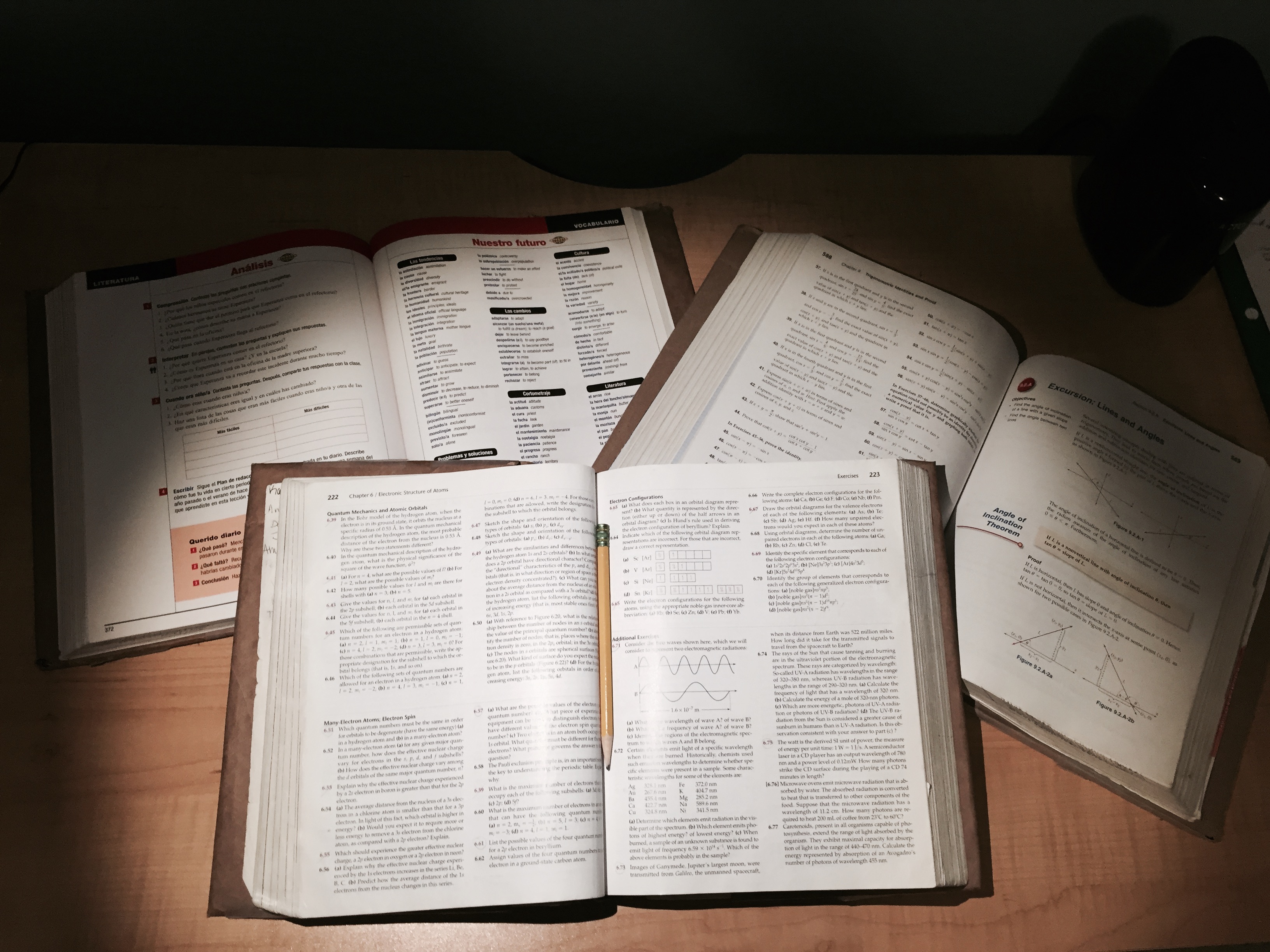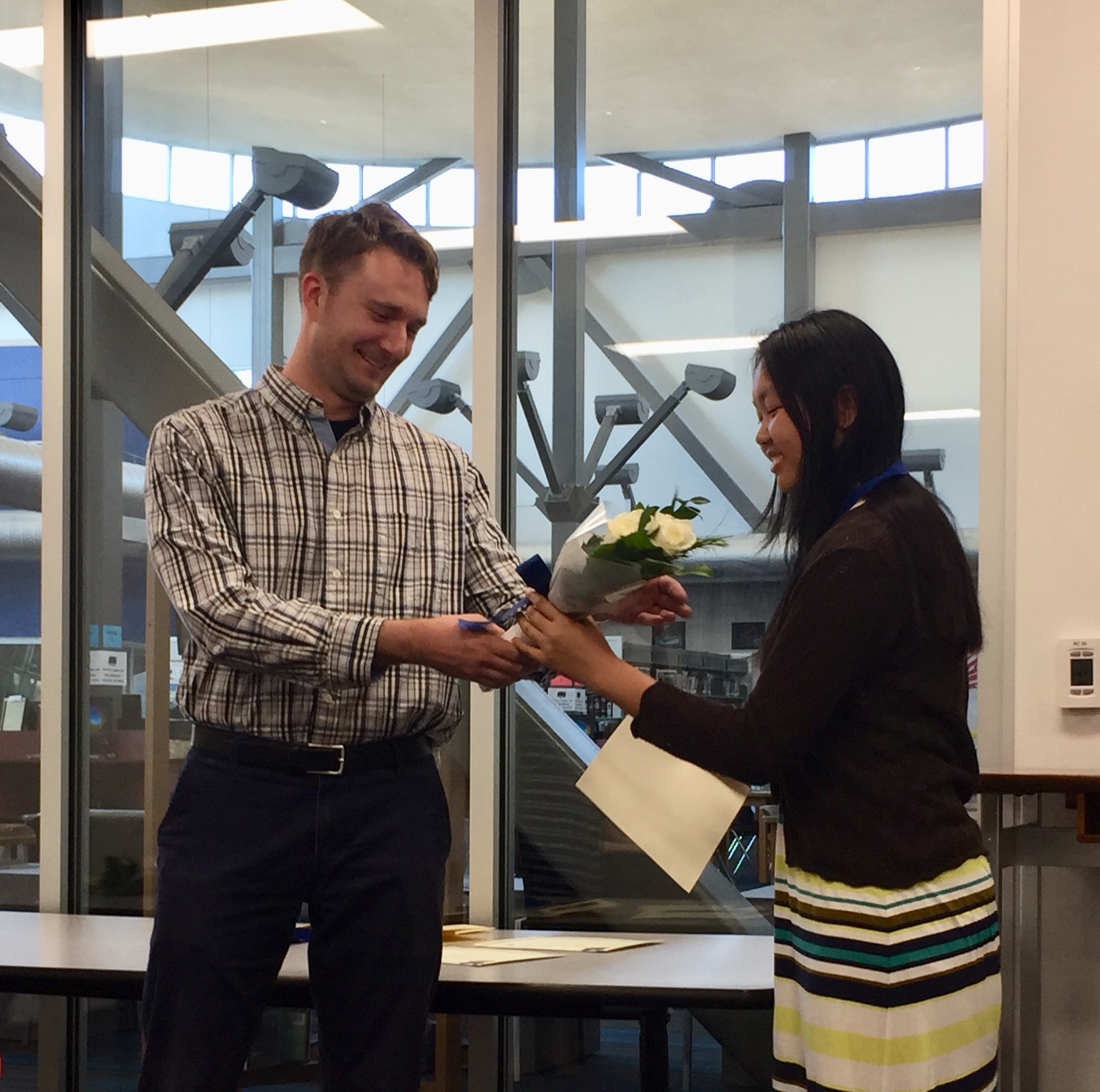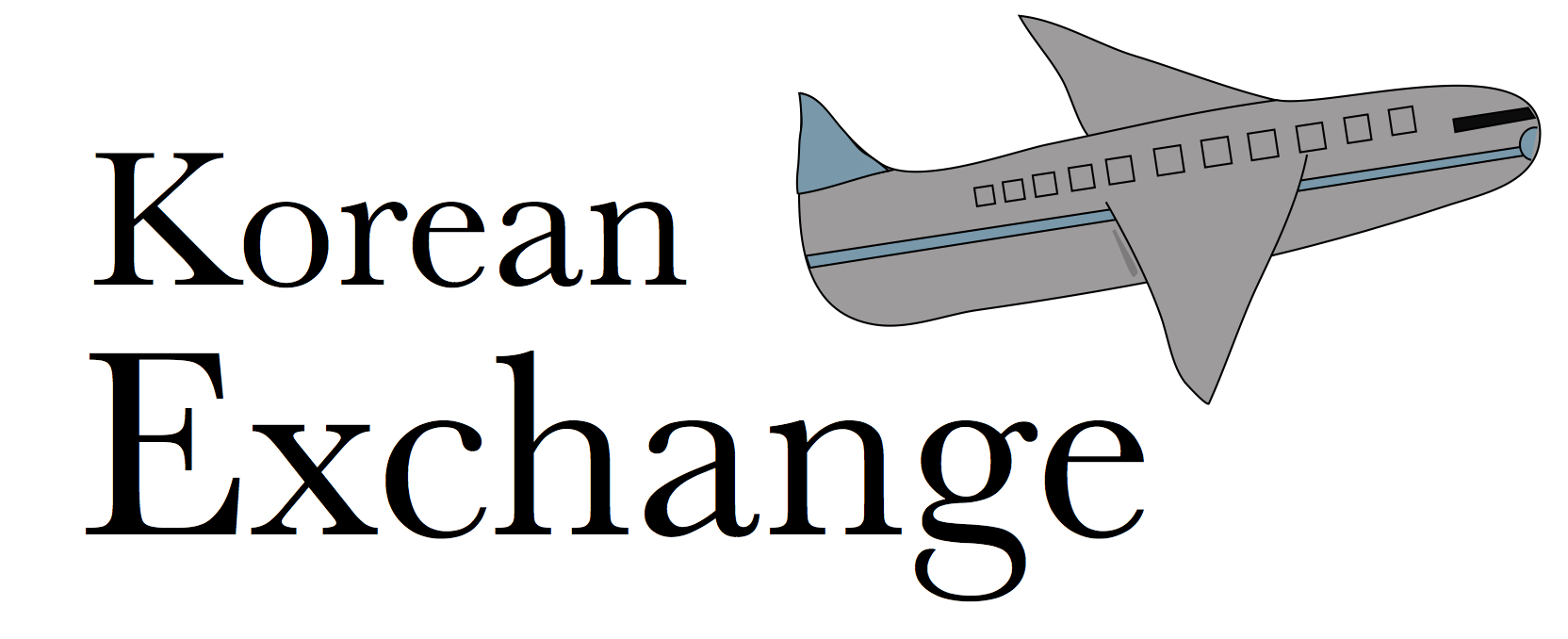Muslim students respond to recent controversies
Nadia Abdelnur wakes up every morning at six. She packs a lunch, makes her breakfast, gets dressed, says a quick prayer and catches the bus to school. She has all the qualities of a typical American teenager, but one quality sets her apart: she’s Muslim.
According to a poll taken by CNN in 2009, only one in five Americans has favorable views of Muslims. This means that out of roughly 307 million inhabitants of the US, only 61 million have positive outlooks regarding the Muslim faith. In a country which is known for being open to people from all different walks, some Americans have made it clear they won’t accept everyone. For students like Abdelnur, these aren’t just statistics, they’re daily life.
Pastor Terry Jones runs a small Christian church near Gainesville, Fla. Despite the church’s small congregation of around 50 parishioners, it has recently been the subject of much controversy throughout the United States. Jones, 58, recently dubbed Sept. 11, “International Burn a Quran Day.” He and his followers gathered 200 copies of the Islamic sacred text, with the intention of burning them on the anniversary of the attack of Sept. 11 which occurred in 2001.
Abdelnur, a junior at DHS was completely shocked when she first heard of the church’s plan. “People are just going to get hurt,” she said. “I think it is disrespectful to burn religious texts of any kind,” said junior Hagr Balla, another Muslim student at DHS.
Senior Khalid Ali was angry when he first heard of the idea, but he eventually came to believe it could be a positive thing. “[America’s negative] reaction [to Jones’ plan] showed we are still united as a country,” Ali said.
Jones promised not to burn the Qurans on the condition that New York imam Feisal Abdul Rauf relocate the mosque and cultural center which is being built two blocks away from ground zero. Rauf, who is the head of the mosque project, denied Jones’ demands. Abdelnur agreed with the imam’s decision not to back down. “They have the constitutional right [to build it],” Abdelnur said.
Balla thinks the mosque needs to be built there. “I think the reason why they want it there is because there is no other [mosque] near there, and Muslims have to travel farther to find a place to pray” Balla said.
Ali believes the mosque being built is not the huge deal the media makes it out to be. “They’re using it to stir up controversy,” Ali said. Balla, Ali and Abdelnur were all relieved when the anniversary of Sept. 11 came and went without any book burnings.
Building a mosque in New York wouldn’t have been a worthy news story before Sept. 11, 2001. Abdelnur moved to the U.S. with her family when she was five-years-old. Life for her was carefree until the attack on the twin towers by Muslim extremists. “They are people who really misunderstood the Quran,” Abdelnur said about the terrorists who claimed to be doing the work of God. Abdelnur believed the attack to be an anomaly and felt that the terrorists were the “bad apples in the basket.”
Abdelnur believes that Muslims living elsewhere in America have it much harder than she does in Davis. “Living in Davis, things haven’t been that bad,” Abdelnur said. According to her, citizens of Davis are more open and accepting than people from other towns she has visited.
Abdelnur and Balla both agree that the biggest difference they have noticed since 2001 is how they and their families are treated at airports. “It takes longer with airport security, especially when they [find] out my father’s name is Mohamed,” said Balla. Abdelnur and her family have also been subject to random searches at airports.



